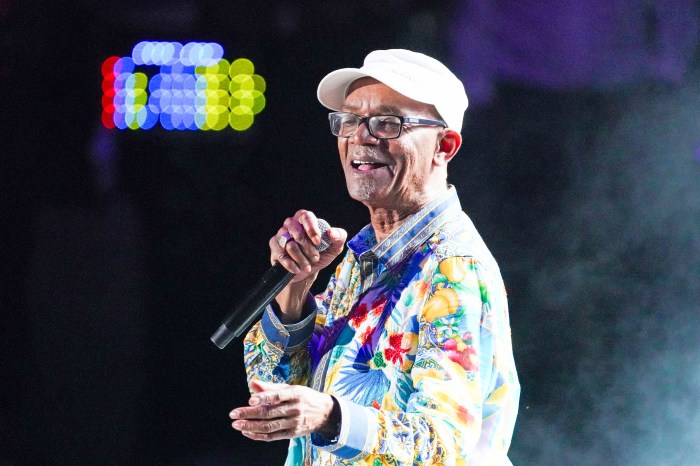By Jan Wolfe
WASHINGTON (Reuters) – President Donald Trump would have a tough time blocking John Bolton’s testimony in his U.S. Senate impeachment trial by invoking the legal doctrine called executive privilege if his former national security adviser is subpoenaed as a witness, according to legal experts.
The Republican-controlled Senate has not yet decided whether to allow any witnesses or new evidence in the trial that will determine whether the Republican president is removed from office after being impeached on Dec. 18 by the Democratic-led House of Representatives on two charges.
Bolton refused to cooperate with the House inquiry but made a surprise announcement on Jan. 6 that he would be willing to testify in the Senate trial if subpoenaed to do so.
Democrats have said they are eager to hear testimony by Bolton, who was involved, as his own lawyer said, in “many relevant meetings and conversations” involving issues at the heart of Trump’s impeachment. The House accused Trump of abuse of power and obstruction of Congress arising from his request that Ukraine investigate political rival Joe Biden.
Trump has denied wrongdoing and called the impeachment an “attempted coup.”
Bolton left his post in September after disagreements with the president. Trump said he fired him. Bolton said he quit.
Trump has indicated he may seek to use executive privilege to prevent Bolton from testifying. Under this doctrine, a president is able to keep certain communications private, particularly those implicating national security, if disclosing them would undermine executive branch functions.
Legal experts said Trump’s executive privilege claim would be weak.
Bolton’s testimony is “clearly critical to issues before the Senate, and that outweighs any privilege that applies,” said Michael Stern, a former lawyer for the House when the chamber was controlled by Republicans.
Mark Rozell, a constitutional scholar who wrote a book about executive privilege, said he believes Bolton could be questioned without revealing sensitive national security information.
“To me, it looks like the president is just trying to protect himself,” said Rozell, dean of George Mason University’s Schar School of Policy and Government in Virginia.
NIXON RULING
The U.S. Supreme Court ruled in a 1974 case involving a judicial subpoena to then-President Richard Nixon that a president’s need for confidentiality must be balanced against Congress’s need for testimony or documents. Nixon that year resigned as president in the Watergate corruption scandal.
Legal experts said the Senate’s right to evidence is particularly strong when it is considering whether to remove a president as opposed to conducting routine executive branch oversight.
Testimony in the House impeachment inquiry revealed that Bolton objected to an effort by Trump’s personal lawyer, Rudy Giuliani, and others to pressure Ukraine outside of regular diplomatic channels. “I am not part of whatever drug deal Sondland and Mulvaney are cooking up on this,” Bolton said, according to a witness in the House investigation, referring to U.S. Ambassador to the European Union Gordon Sondland and acting White House Chief of Staff Mick Mulvaney.
The Senate is expected to vote on whether to call witnesses after hearing opening arguments from House Democrats making the case against Trump and the lawyers defending the president. In a 100-seat chamber with 53 Republicans, Democrats would need four Republicans to join them to win any vote to call witnesses.
Asked about invoking executive privilege if Bolton were to be subpoenaed, Trump told Laura Ingraham of Fox News on Jan 10: “I think you have to – for the sake of the office.”
Trump, speaking in Davos, Switzerland on Wednesday, said Bolton’s testimony would pose national security concerns.
“He knows some of my thoughts. He knows what I think about leaders. What happens if he reveals what I think about a certain leader, and it’s not very positive and I have to deal on behalf of the country?” the president asked.
Andrew Kent, a constitutional law professor at Fordham University in New York, said there is a strong argument that executive privilege does not apply to impeachment whatsoever.
A claim by Trump that executive privilege applies to Bolton could be ruled upon by Chief Justice John Roberts, who is presiding over the trial, Kent said. Senate rules allow Roberts, who has typically avoided perceived partisanship, to instead let the senators decide, Kent added.
Trump could also file a lawsuit and ask a federal judge to block Bolton from testifying, Stern said, but that maneuver would likely anger the Republican senators who voted to hear from Bolton.
“He won’t win, legally, and it could backfire politically,” Stern said, referring to Trump. “Once the majority of senators have said they want to hear from Bolton, going to court is just going to rub senators the wrong way.”
(Reporting by Jan Wolfe; Editing by Noeleen Walder and Will Dunham)






















